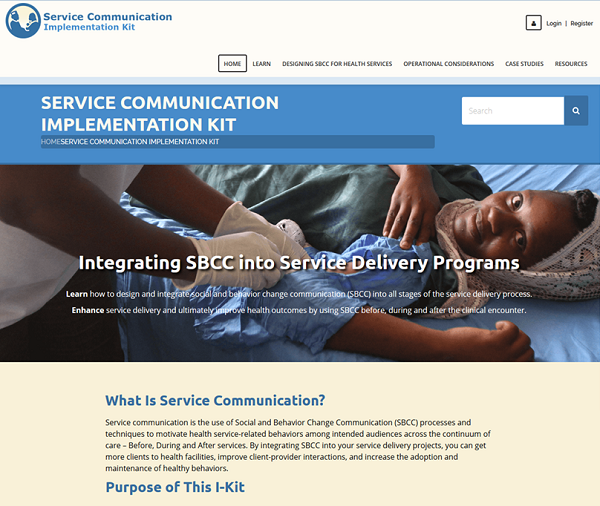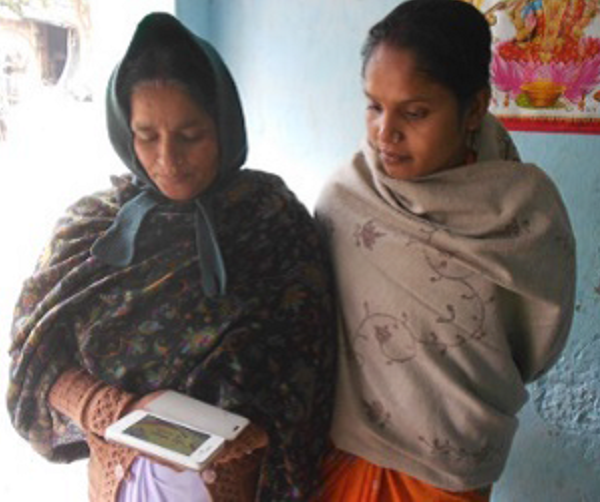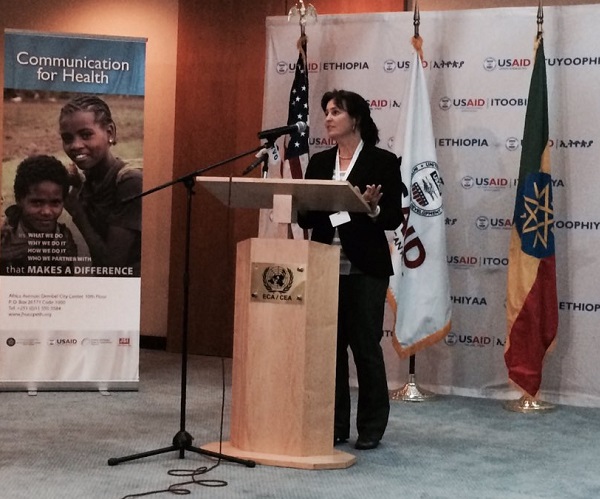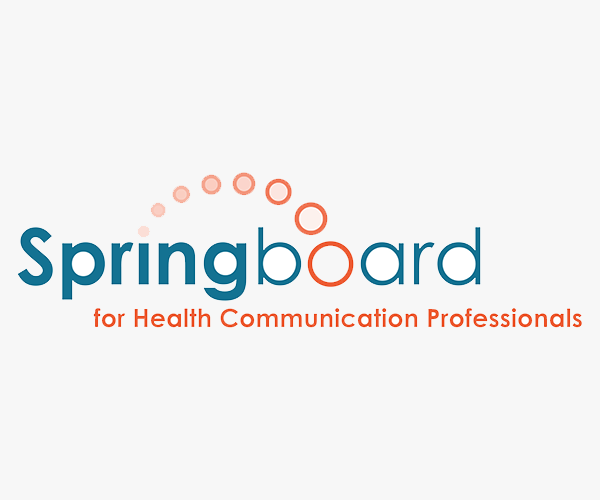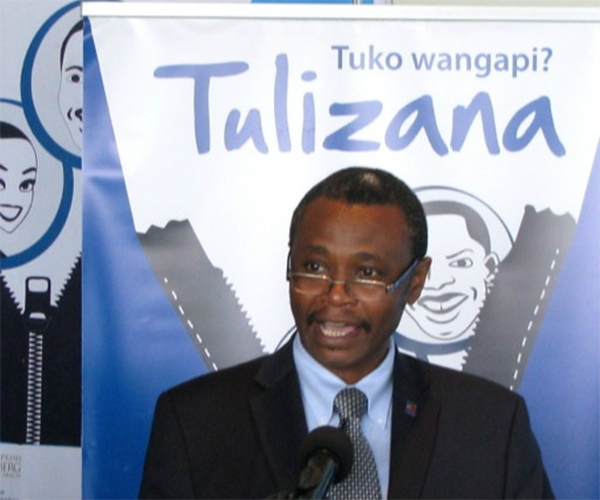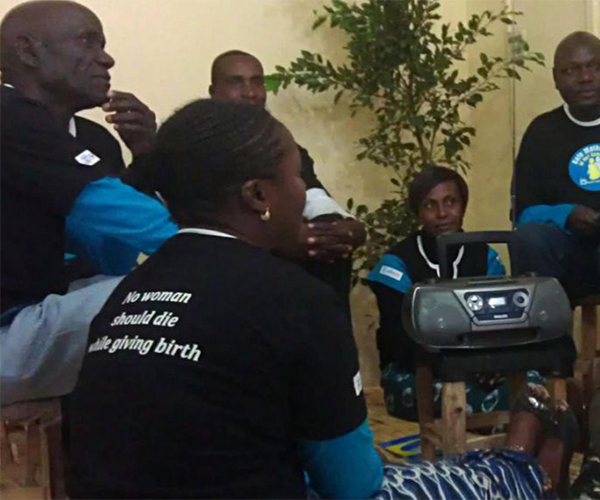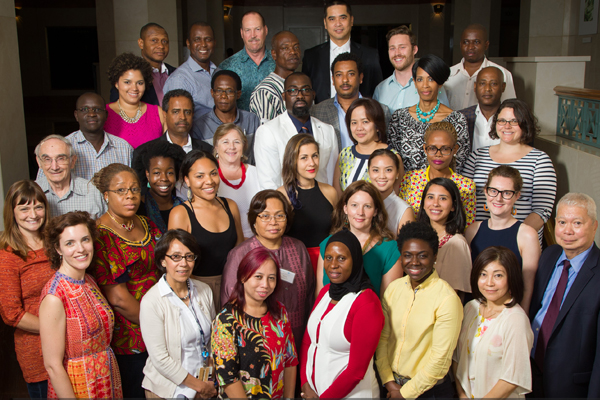
Apply Now for the 2018 Leadership in Strategic Communication Workshop
This three-week hands-on workshop is designed to hone participants’ communication skills in order to become stronger, more effective leaders in public health and development programs that create the kind of social and behavior change that saves lives.




